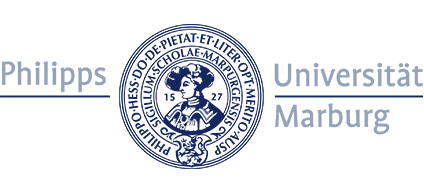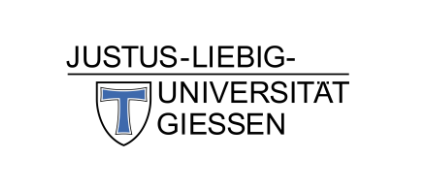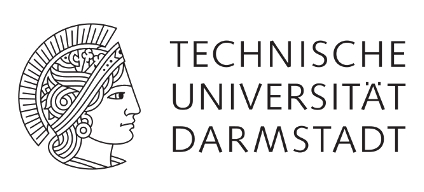Hauptinhalt
Key areas
The Adaptive Mind focusses on five fundamental characteristics of human adaptive behavior; these are the lines of research along which it is organized into five densely interwoven Key Areas: Dynamics of adaptation processes (Dynamics), Context effects, specialization & generalization (Context), Action & interaction (Interaction), Skill acquisition & expertise (Skills), and Disorder. The ultimate goal of the Cluster is to synthesize the results from these five Key Areas to identify the common processing rules that govern the selection of transition or stability. Taken in isolation, each of the five Key Areas provides a comprehensive platform for investigating a specific facet of the adaptive mind, at multiple processing levels simultaneously—from the low-level adaptation processes of eye-movement control to the complex cognitive and behavioral optimizations underlying advanced skills. Between them, the Key Areas encompass the full processing hierarchy from sensory adaptation processes (Dynamics), through higher perceptual and cognitive effects of context (Context) to motor control (Interaction). We consider both general and special populations, including different age groups, novices and skilled specialists (Skills) as well as comparing healthy individuals with patients suffering from selected major mental disorders (Disorder). All five Key Areas are embedded within and interact dynamically, with the Data Hub as central research platform.
The Adaptive Mind - Dynamics
We will explore the dynamics of transition and stability in sensory and cognitive systems, ranging from extremely rapid motion of the eyes, to very slow bodily changes during development and aging. Here, we focus on the most basic form of adaptation—dynamic gain regulation—through which sensitivity to signals is continuously adjusted. This simple mechanism provides a key building block for all other Key Areas.
The Adaptive Mind - Context
Determining whether two stimuli should evoke the same (stable) response or lead to a transition requires inferring how stimulus properties generalize relative to the context. Here, we focus on how the context in which an item is embedded helps or hinders its processing. Successful context processing makes us skilled in scene and object perception, while overgeneralization leads to disorders like phobias.
The Adaptive Mind - Action
Mechanisms of stability and transition are central to effective action and interaction. We must constantly adjust our motor system to achieve stable, goal-directed interactions with the outside world. Here, we use motor control as a particularly rich system for probing adaptation processes. This allows us to investigate how the other Key Areas are affected when the individual is coupled to the environment.
The Adaptive Mind - Skill
Skill acquisition represents an ideal model system for the adaptive mind. Acquiring complex skills (e.g., sports) involves extensive practice, which elicits manifold changes of body and mind to enable stable and ever-higher levels of performance. Here we investigate some of the most advanced mechanisms of adaptation—learning and practice. This allows us to test how the other Key Areas are integrated into highly optimized performance.
The Adaptive Mind - Disease
We suggest that several major mental disorders can be understood as maladaptation of mechanisms controlling stability and transition. Understanding the transitions between episodes and the processes that cause healthy or disordered states to persist is the key to explaining and diagnosing such disorders. Here, we use key mental disorders to investigate what happens when the mechanisms as analyzed in the other Key Areas fail.
The Adaptive Mind - Data Hub
All work will be embedded in the Data Hub for storing, mining and publishing data to make them findable, accessible, interoperable and reusable (FAIR). The Data Hub will be particularly useful for understanding natural behavior, working on longitudinal questions, and combining data from healthy individuals and patients with mental disorders. It is a fundamental scientific tool for resolving the complexities of the human mind addressed in the five Key Areas.


